Czech president backs Serbia's EU bid
Czech President Vaclav Klaus has begun his two-day visit to Serbia in Belgrade on Monday with a meeting with his Serbian counterpart Boris Tadić.
Monday, 03.11.2008.
09:48

Czech President Vaclav Klaus has begun his two-day visit to Serbia in Belgrade on Monday with a meeting with his Serbian counterpart Boris Tadic. Tadic and Klaus stated that they hope Serbia will be able to achieve EU candidate status in the first half of next year. Czech president backs Serbia's EU bid “I told my friend, President Klaus, that Serbia will never back down from preserving her sovereignty and territorial integrity of Kosovo, and that we will also not give up on our intentions to become an EU member,” Tadic said after the meeting. “Next year, the Czech Republic will take over the EU presidency and I believe that we can become a candidate for EU membership during the time of their presidency,” Tadic said. He added that another important question during the Czech presidency will be getting Serbia on the white Schengen list, enabling her citizens to travel to countries of the EU without visas. Klaus said that his country will do everything it can to enable Serbia’s road towards the EU to be as short as possible. “I was the prime minister that submitted a request for EU membership in January 2006, and we were knocking on the door of the EU for eight years and three months until May 2004, when we became members,” Klaus said. “Serbia must be ready to knock at that door for a long time, and the Czech Republic knows that it is not pleasant, but we will help to make Serbia’s integration process be shorter than ours,” he said. The two presidents agreed that there are tensions between the two countries because the Czech government recognized Kosovo Albanians' unilateral declaration of independence, but said that this cannot impede strengthening of the traditionally friendly relations between the two nations even further. Tadic stressed that the Kosovo issue is as painful for Serbia as the Sudetenland was for the Czechs and Slovaks on the eve of the Second World War. “We are simply hurt by the recognition of Kosovo, but President Klaus said that he understands and justifies the hurt of the Serbian people. That does not mean that we are halting life, we want to continue with life and further our ties. We decided to send our ambassador back to the Czech Republic and we want to work on developing relations based on out traditional friendship,” Tadic said. “The Serbo-Czech relations have such depth, width and tradition that a thing such as this cannot end them,” said Klaus, who was against the Czech government’s decision to recognize Kosovo Albanians' proclamation. The presidents also discussed the possibilities of increasing economic cooperation, stating that the two economies are complementary and leave a lot of room for further ties and cooperation. Klaus is also meeting with Premier Mirko Cvetkovic, Speaker Slavica Djukic-Dejanovic and Belgade Mayor Dragan Djilas. On Tuesday, the Czech president will be visiting Vojvodina and meeting with the province's Executive Council President Bojan Pajtic. In an interview published on Sunday, Klaus said that once the Czech Republic takes over the European Union presidency in January, one of its priorities will be Serbia’s EU integration. Asked whether it is realistic to believe that Serbia will be put on the white Schengen list next year and become a candidate for EU membership, Klaus said that he has always called for realistic expectations as far as association and EU membership is concerned. Klaus said that his visit will be a confirmation of the “deep and firm” friendship between the two countries, which “no single event can shake.” “My disagreement with the Czech government’s decision to recognize Kosovo is well known. The case of Kosovo opened a Pandora’s Box and every country that recognizes Kosovo will have to know that it is responsible for that." "I think that the recognition of Kosovo was a mistake and I am worried about the development of events in the future that could confirm this,” Klaus said. Klaus, Tadic in Belgrade on Monday (Beta)
Czech president backs Serbia's EU bid
“I told my friend, President Klaus, that Serbia will never back down from preserving her sovereignty and territorial integrity of Kosovo, and that we will also not give up on our intentions to become an EU member,” Tadić said after the meeting.“Next year, the Czech Republic will take over the EU presidency and I believe that we can become a candidate for EU membership during the time of their presidency,” Tadić said.
He added that another important question during the Czech presidency will be getting Serbia on the white Schengen list, enabling her citizens to travel to countries of the EU without visas.
Klaus said that his country will do everything it can to enable Serbia’s road towards the EU to be as short as possible.
“I was the prime minister that submitted a request for EU membership in January 2006, and we were knocking on the door of the EU for eight years and three months until May 2004, when we became members,” Klaus said.
“Serbia must be ready to knock at that door for a long time, and the Czech Republic knows that it is not pleasant, but we will help to make Serbia’s integration process be shorter than ours,” he said.
The two presidents agreed that there are tensions between the two countries because the Czech government recognized Kosovo Albanians' unilateral declaration of independence, but said that this cannot impede strengthening of the traditionally friendly relations between the two nations even further.
Tadić stressed that the Kosovo issue is as painful for Serbia as the Sudetenland was for the Czechs and Slovaks on the eve of the Second World War.
“We are simply hurt by the recognition of Kosovo, but President Klaus said that he understands and justifies the hurt of the Serbian people. That does not mean that we are halting life, we want to continue with life and further our ties. We decided to send our ambassador back to the Czech Republic and we want to work on developing relations based on out traditional friendship,” Tadić said.
“The Serbo-Czech relations have such depth, width and tradition that a thing such as this cannot end them,” said Klaus, who was against the Czech government’s decision to recognize Kosovo Albanians' proclamation.
The presidents also discussed the possibilities of increasing economic cooperation, stating that the two economies are complementary and leave a lot of room for further ties and cooperation.
Klaus is also meeting with Premier Mirko Cvetković, Speaker Slavica Đukić-Dejanović and Belgade Mayor Dragan Đilas.
On Tuesday, the Czech president will be visiting Vojvodina and meeting with the province's Executive Council President Bojan Pajtić.
In an interview published on Sunday, Klaus said that once the Czech Republic takes over the European Union presidency in January, one of its priorities will be Serbia’s EU integration.
Asked whether it is realistic to believe that Serbia will be put on the white Schengen list next year and become a candidate for EU membership, Klaus said that he has always called for realistic expectations as far as association and EU membership is concerned.
Klaus said that his visit will be a confirmation of the “deep and firm” friendship between the two countries, which “no single event can shake.”
“My disagreement with the Czech government’s decision to recognize Kosovo is well known. The case of Kosovo opened a Pandora’s Box and every country that recognizes Kosovo will have to know that it is responsible for that."
"I think that the recognition of Kosovo was a mistake and I am worried about the development of events in the future that could confirm this,” Klaus said.










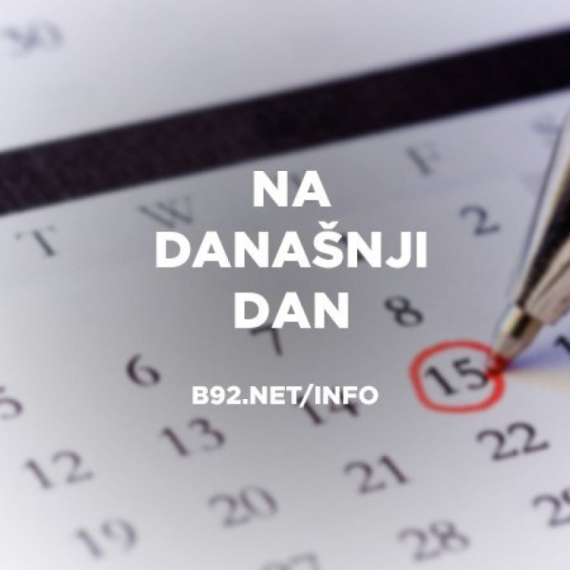
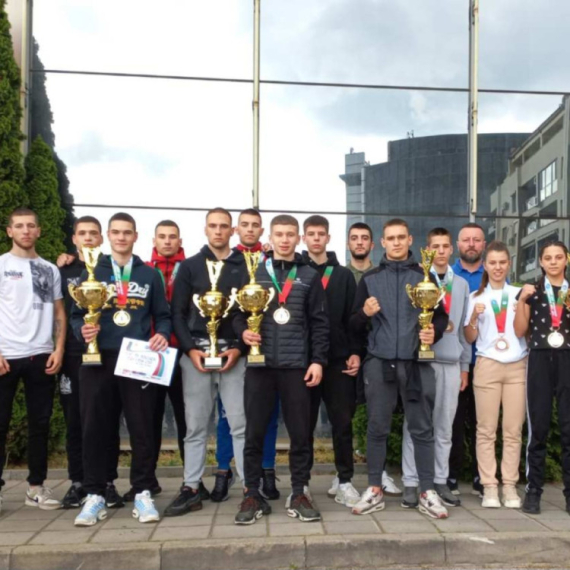
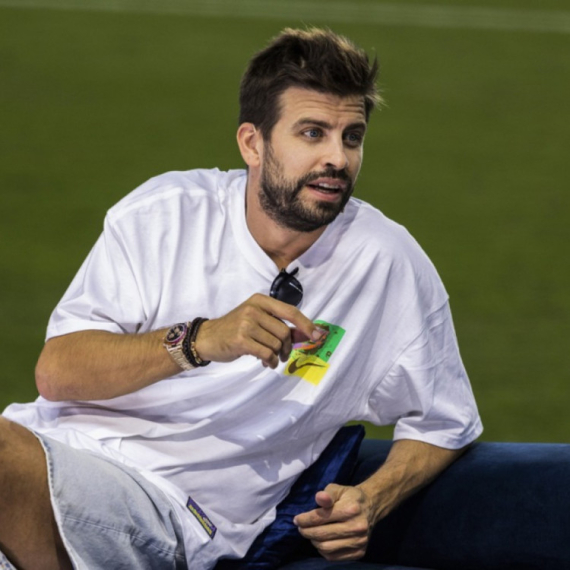



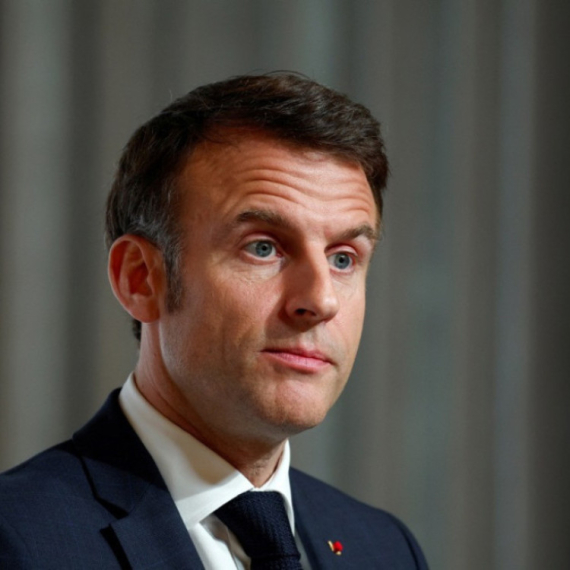

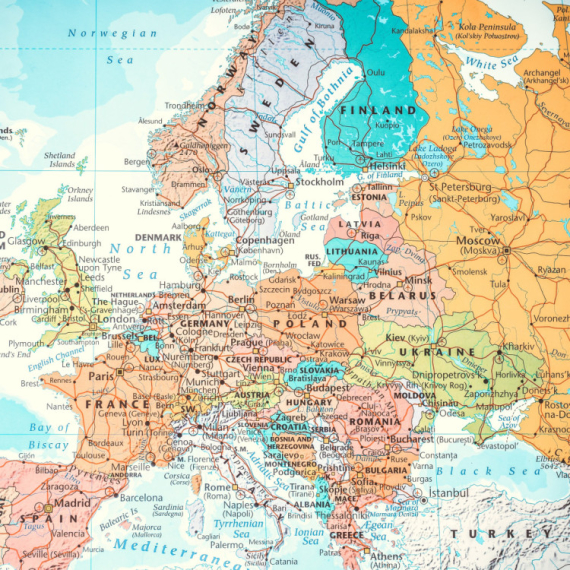


















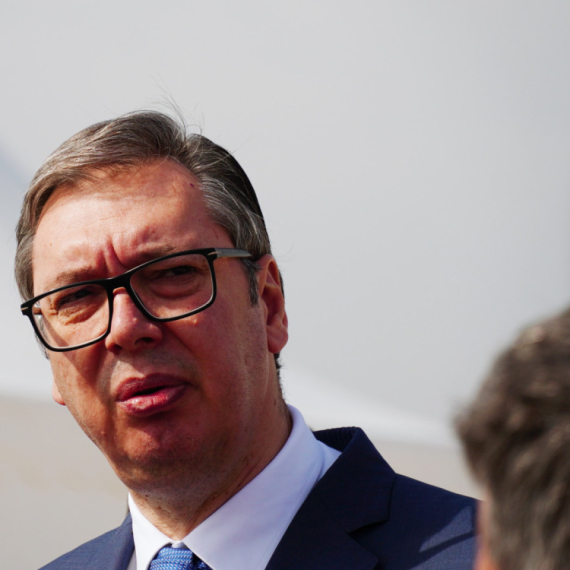














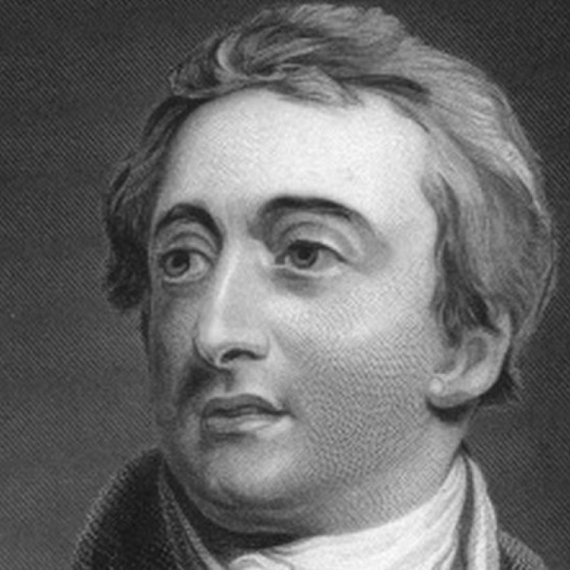





Komentari 14
Pogledaj komentare